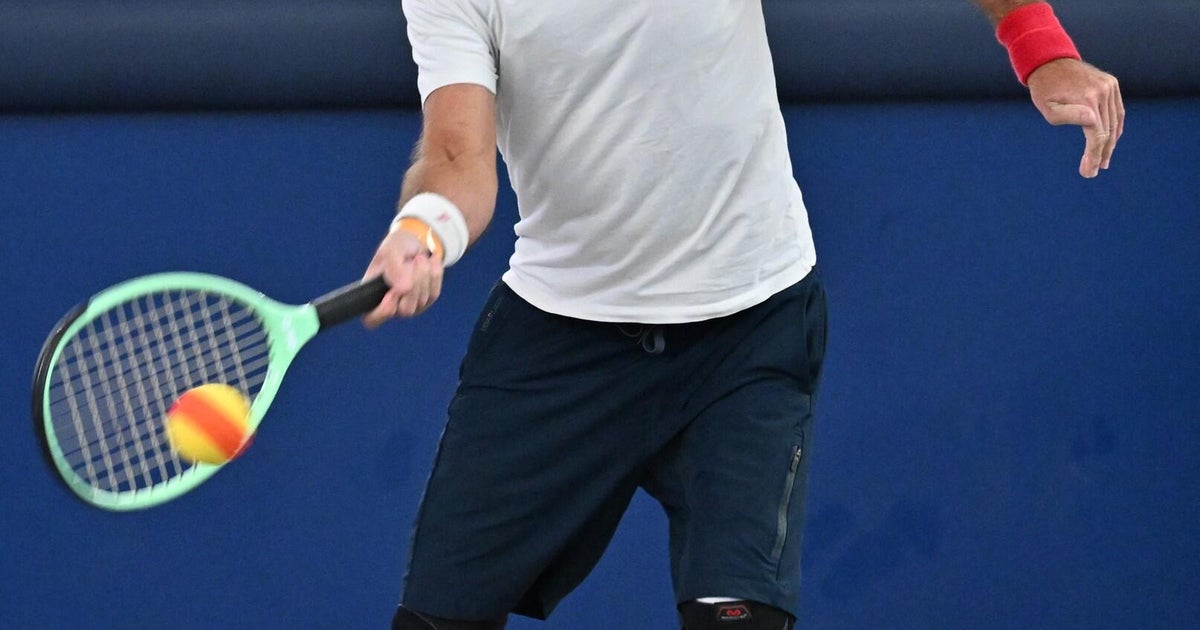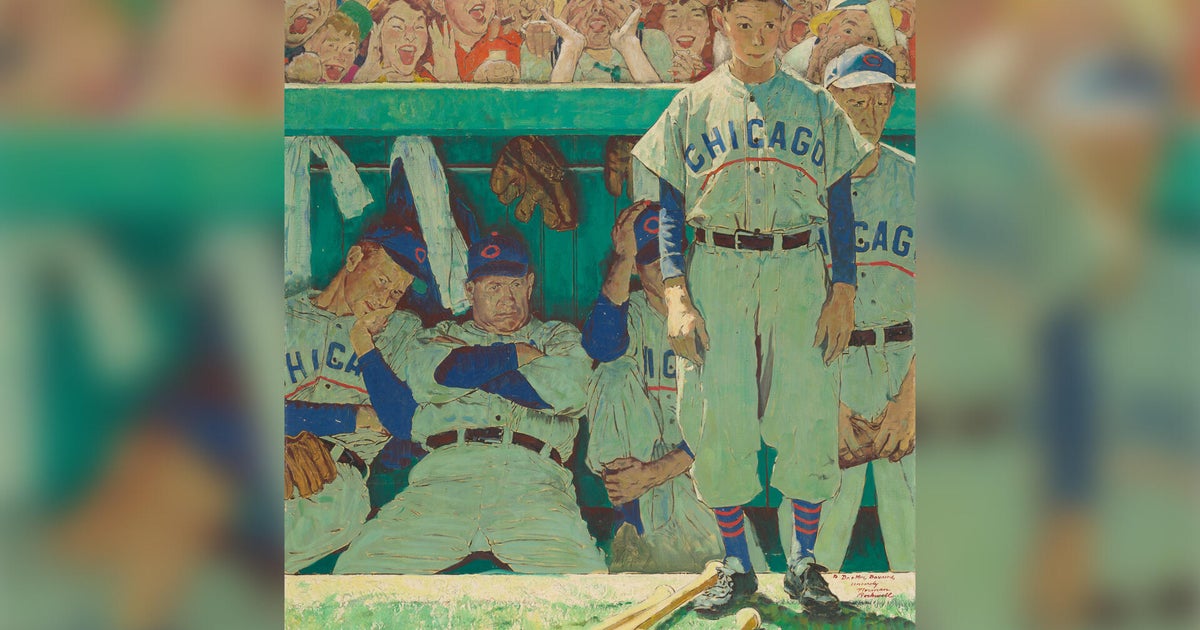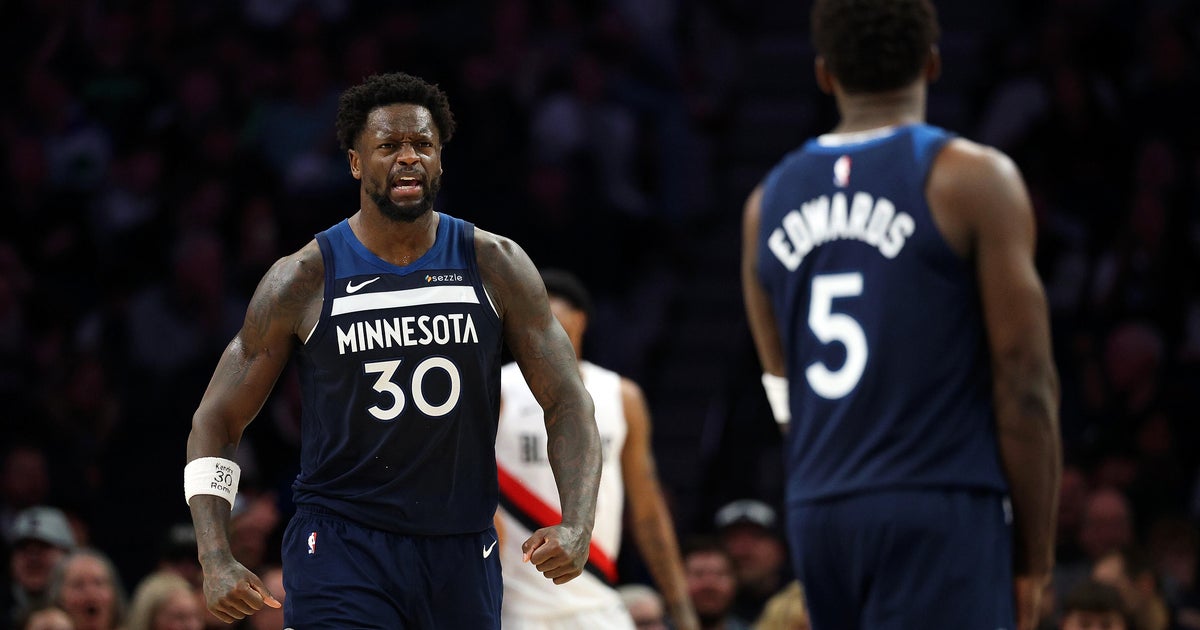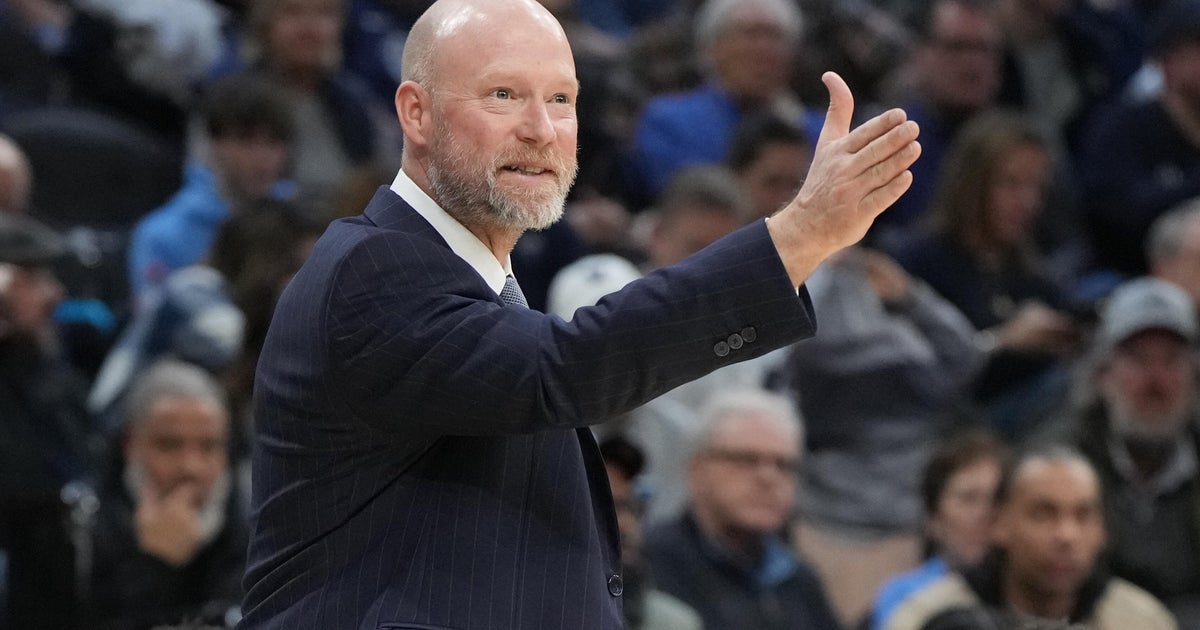Silverman: Despite Stellar KO, PED Questions Hound Marquez
By Steve Silverman-
(CBS) Juan Manuel Marquez was ready for his opportunity.
After going 0-2-1 in his first three fights with Manny Pacquiao, Marquez was sick of putting forth stellar efforts and seeing his rival get the best of it on the judges' scorecards.
Marquez was determined to end the fight with a knockout so nothing could be taken away from him this time.
When Marquez entered the ring Saturday night at the MGM Grand in Las Vegas, he appeared to be in peak condition.
Check that. He appeared to be in better than peak condition.
He was more muscular and well-defined than he had been in his three previous fights with Pacquiao.
That would be understandable if Marquez was 25, 26 or 27 and in the prime of his career. However, Marquez is 39 years old.
His muscular development and power were … ahem … eye opening.
Marquez's physique, strength and punching power must remain in the forefront following his spectacular sixth-round knockout of Pacquiao.
Here are the facts: In three previous fights against Pacquiao, Marquez had not knocked down his opponent once in 36 rounds of boxing.
In the fourth fight, Marquez knocked Pacquiao down with an overhand right in the third round before finishing him with a straight right in the final seconds of the sixth round.
The knockout was of the spectacular variety. Pacquiao had seemingly taken control of the fight. He had won the first two rounds and he had also taken the fourth and fifth rounds after hitting the deck in the third.
Pacquiao had registered a knockdown of his own in the fifth round and he had battered and cut up Marquez with a series of punches in the fifth and sixth rounds.
In the final seconds, Pacquiao thought he saw an opening and came forward. Marquez delivered the hardest punch of his career right on Pacquiao chin and the superb Filipino fighter fell face first to the canvas.
He was out cold and the fight was over.
Marquez hired strength coach hired Angel Guillermo "Memo" Heredia as his strength and conditioning coach prior to his third bout with Pacquiao in 2011.
Heredia has supplied athletes with performance-enhancers like steroids and human growth hormone in the past. He also avoided prosecution in the BALCO steroids case by testifying for the prosecution in the trial.
Heredia says that performance enhancers are no longer a part of his training repertoire. He says he does things the proper way when he works with athletes.
Pacquiao's trainer Freddie Roach questioned Marquez's improved physique and questioned whether the Mexican fighter was taking PEDs to develop his strength and power.
Marquez said he would take any drug test, as long as his opponent was willing to do the same thing.
"You can say anything you want, but [if] you don't have any proof, it means nothing," Marquez told SI.com. "I told them I am willing to take any exam they want. Let's go together, we'll do it together."
Boxing has no centralized leadership. Each state has its own boxing commission that makes its own rules for drug testing and other issues.
That's just one more issue for this sport to overcome.
Even a memorable performance like the Marquez-Pacquiao bout cannot stand on its own. There are questions about how Marquez developed his knockout power and they are not about to go away any time soon.
Steve Silverman is an award-winning writer, covering sports since 1980. Silverman was with Pro Football Weekly for 10 years and his byline has appeared in the Wall Street Journal, Playboy, NFL.com and The Sporting News. He is the author of four books, including Who's Better, Who's Best in Football -- The Top 60 Players of All-Time. Follow him on Twitter (@profootballboy) and read more of his CBS Chicago columns here.







